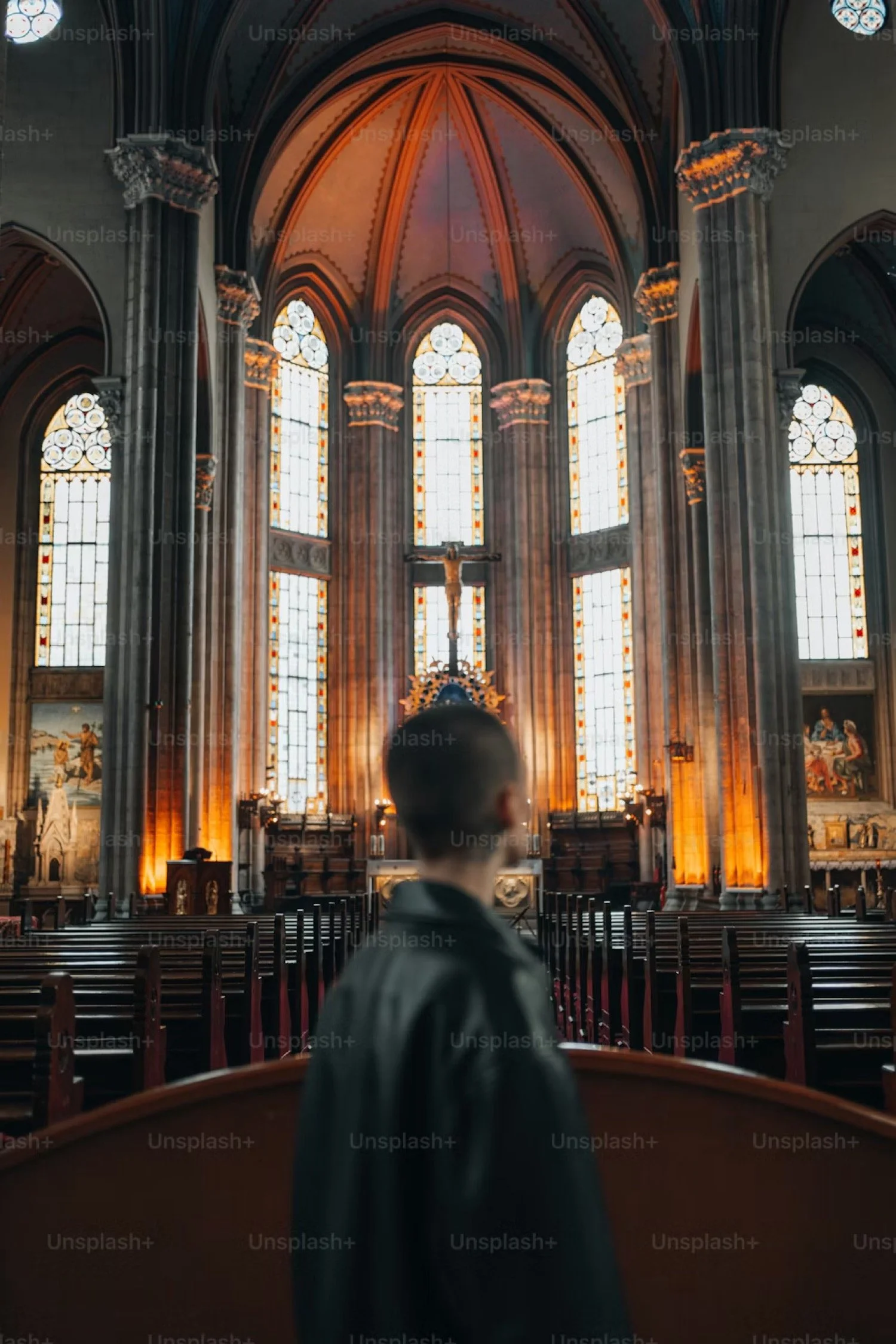Readings for today: Genesis 47-50
Life is a pilgrimage. It’s a journey from birth to death and beyond. Like any pilgrimage, it is filled with highs and lows. Ups and downs. We love. We hate. We rejoice. We grieve. We hurt. We heal. We learn. We forget. We grow strong. We grow weak. Through it all, we are not alone. God is on the journey with us. From the moment, humanity was exiled from the Garden, God went into exile as well. He left His home to come to be with us. To come to dwell with us. To come on the pilgrimage with us. That’s the main message of the Bible from Genesis to Revelation. It’s the story - in Abraham Heschel’s majestic words - of “God in search of man.” He seeks us out. He will not allow us to remain lost. He will not allow us to wander aimlessly forever. He reveals Himself in the glory of creation, creating a hunger in the hearts of all people for eternity. He reveals Himself in His Word, leading all people everywhere to salvation. And He promises to take all the experiences of our pilgrimage - good, bad, or otherwise - and use them to shape and form and fashion us into the image of Christ and draw us to Himself.
This is what God did for Jacob. The years of Jacob’s pilgrimage were hard. They were filled with all kinds of deception, conflict, grief, pain, heartbreak, and suffering. Jacob wrestled with God, not just down by a river one day but throughout his life. I can identify with him in that wrestling. I too have wrestled with God. I’ve wrestled with God over many things in my life. The days of my pilgrimage have not always been easy. I’ve lived in poverty. I’ve lived with an addict. I’ve lived with shame and guilt over decisions I’ve made or things I’ve done. I’ve had to fight and battle to get to where I am today. My body hurts every day. I live in fear that the neurological diseases in my family tree will one day catch up to me. My emotions are locked down deep and hard to access. But God has been with me every step of the way. He was with me even when I didn’t know Him or couldn’t see Him. He radically changed the course of my life in college. He has filled me and sustained me and strengthened me along the way. He has preserved me and provided for me and healed me and comforted me and blessed me. He has led me and guided me and used me to advance His Kingdom in the world in more ways than I can possibly count. As I look back, I am thankful. As I look forward, I am excited. As I think about where I am today, my heart is filled with gratitude.
How do you feel about your pilgrimage? Are you like Jacob? Are you disappointed as you look back? “My years have been few and hard and they have not reached the years of my ancestors during their pilgrimages.” (Genesis 47:9 CSB) Is that your assessment? You don’t measure up to those who came before you? Your life hasn’t been good? Your years have been few and hard and are passing too quickly? Or do you take a different view? Think about all God did for Jacob and yet not one word from him about any of it when he stood before Pharaoh. Think about all the promises God made Jacob and all the blessings He poured into his life and yet Jacob’s despair clouded his view and he couldn’t see it. Not here. Not at the end of his life. Don’t let despair cloud your view, friends! Spend time today reflecting on God’s love for you. God’s faithfulness to you. God’s promises to you and how He has fulfilled them in your life. Most of all, trust Him with what’s left of your pilgrimage.
Readings for tomorrow: No readings on Sundays




